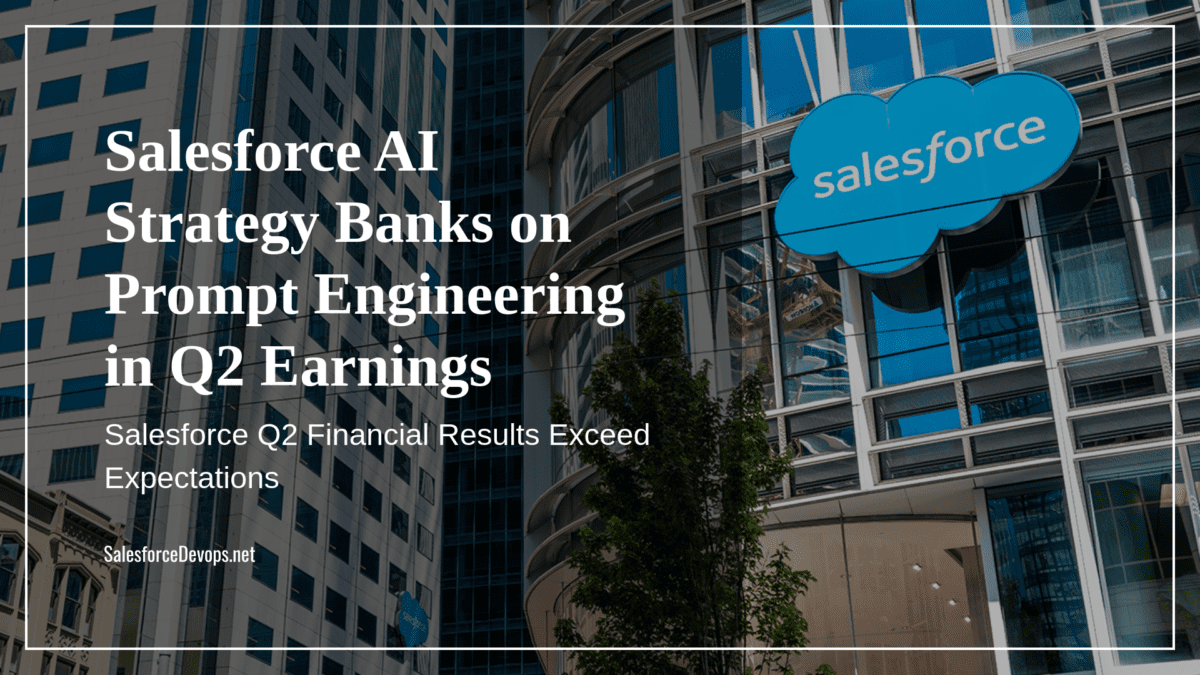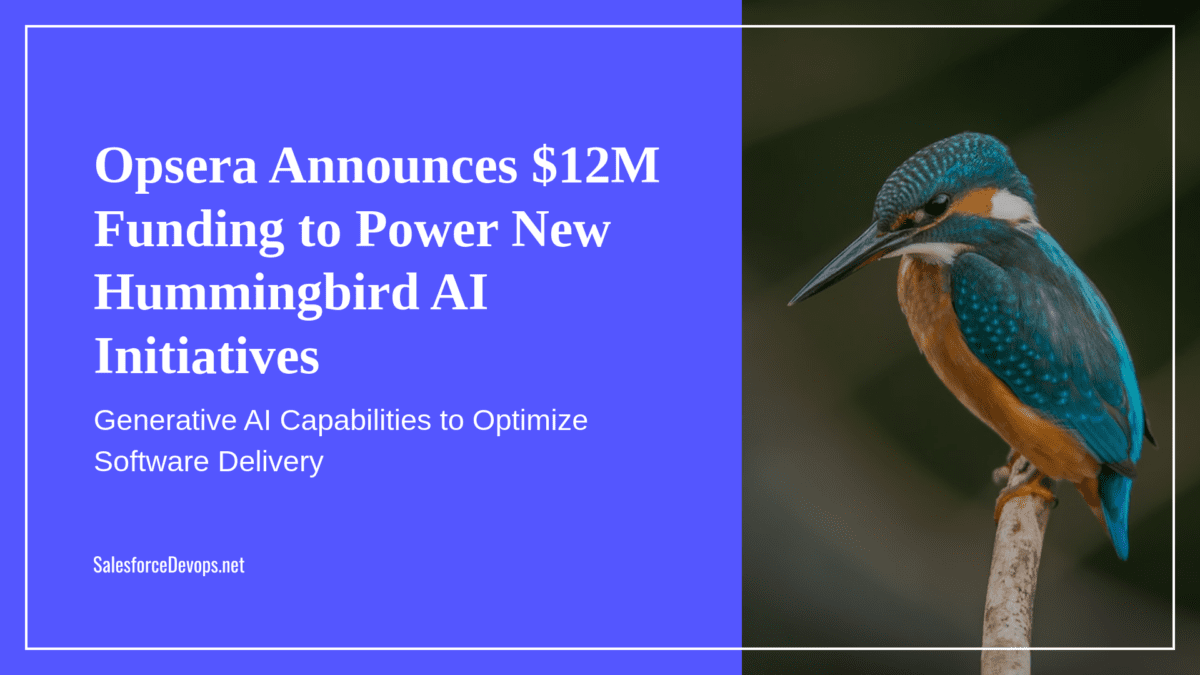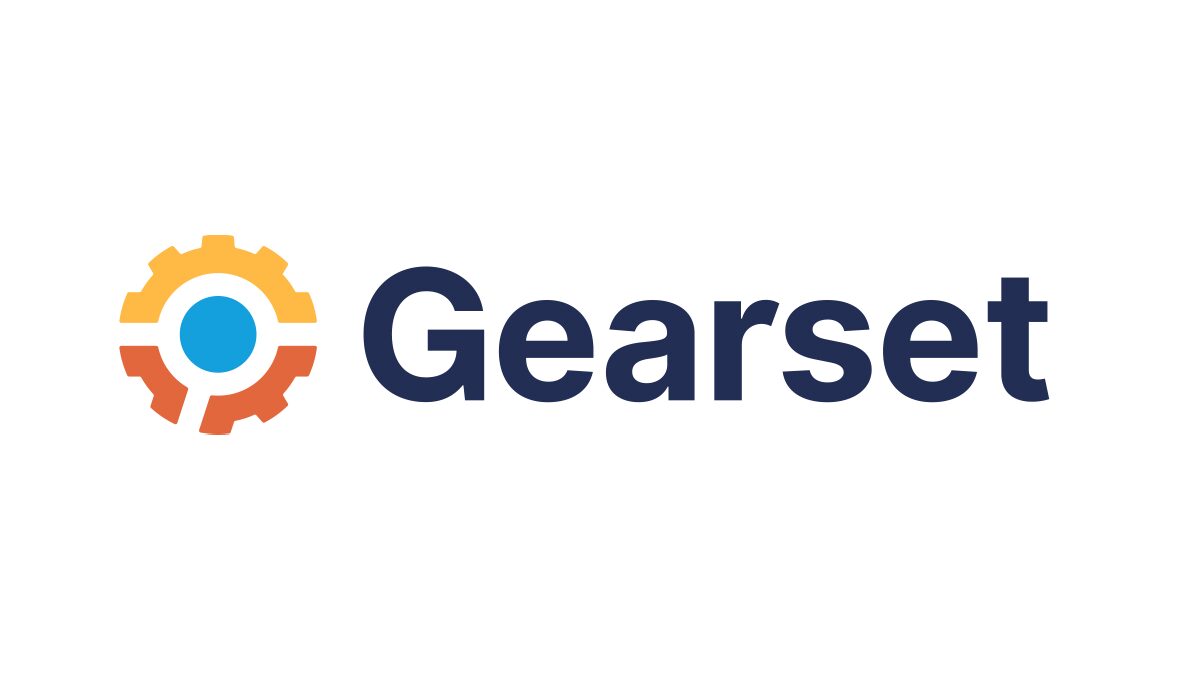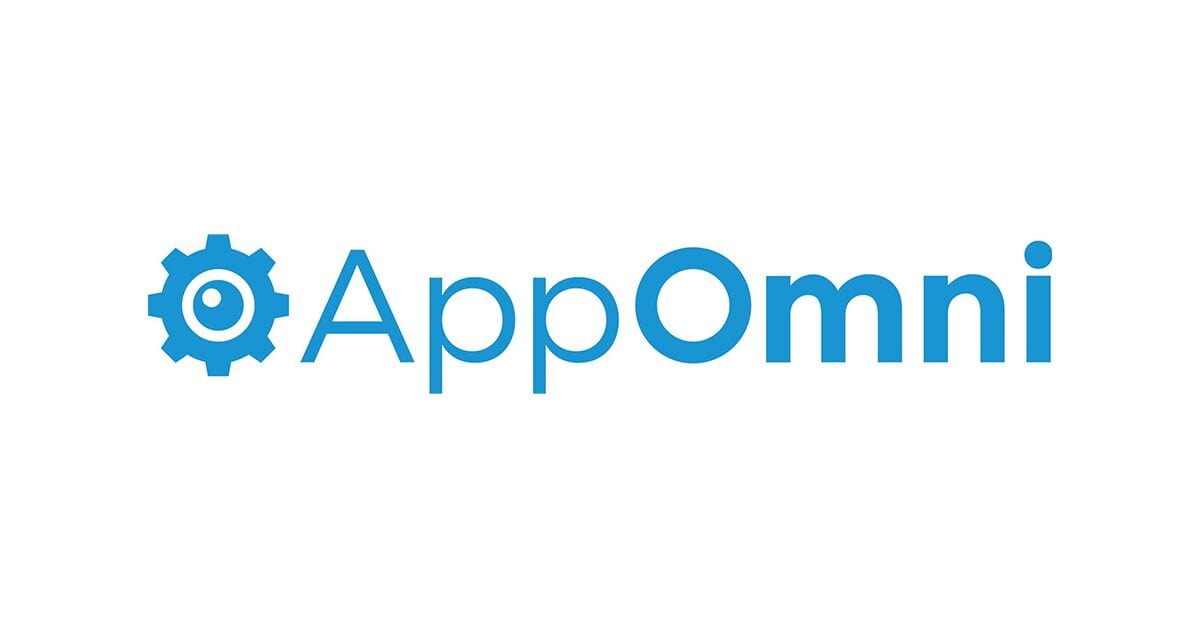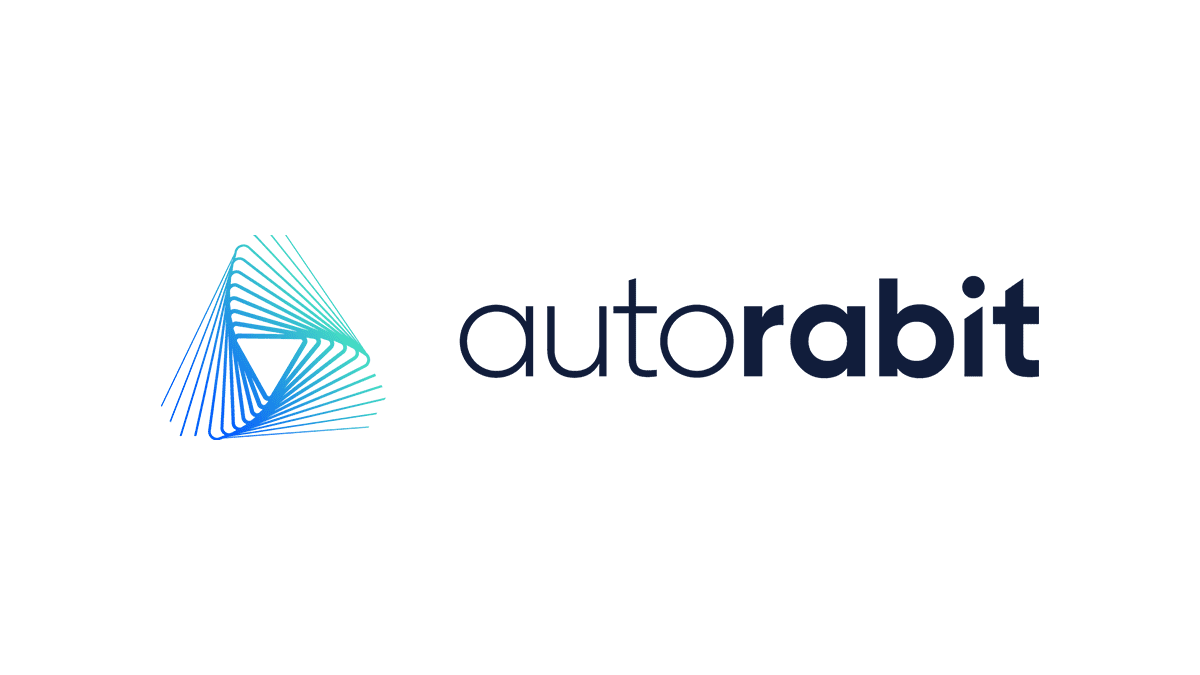Salesforce AI Strategy Banks on Prompt Engineering in Q2 Earnings
Salesforce reported strong Q2 2023 earnings today, beating revenue expectations and raising full-year guidance. Q2 revenue grew 11% year-over-year to $8.6 billion. Salesforce also raised its full-year revenue outlook to $34.7-$34.8 billion, representing 11% projected growth. The company accelerated its profitability timeline as well, now expecting to hit a 30% non-GAAP operating margin this fiscal year. But the big story was about Salesforce’s AI strategy and focus on prompt engineering.
Salesforce AI Strategy Spotlights Prompt Engineering
As I tweeted during the analyst call, CEO Marc Benioff made it clear Salesforce aims to spearhead the enterprise AI revolution. He referenced Salesforce’s expertise in AI research and prompt engineering. Benioff revealed Salesforce has embedded “new layers of generative AI assistants” across its Customer 360 platform. This shows how Salesforce’s AI strategy is delivering on its vision of democratizing AI by seamlessly integrating it into its products using prompt engineering.
Benioff highlighted new capabilities like Sales Cloud GPT that perfectly align with my recommended prompt-focused approach to enterprise AI. Salesforce’s upcoming Prompt Studio, which centralizes compliant prompts for reuse across applications, validates my prompt engineering platform model for safely leveraging large language models. I’m thrilled to see prompts take center stage in Salesforce’s AI strategy, becoming operationalized as reusable components. This is precisely how enterprises must employ generative AI to drive real productivity gains.
Salesforce AI Strategy Extends to Data Cloud and Trust
The AI vision extends into Salesforce’s fastest growing product, Data Cloud, which Benioff labeled the “heart” of its AI capabilities. Data Cloud’s integration across Customer 360 furthers the one source of truth concept I advocate to maximize AI’s potential. Tableau, Slack, and MuleSoft are also key elements in Salesforce’s AI-focused strategy.
Overall, Salesforce is executing an enterprise AI strategy that closely aligns with my recommended tactics of starting with achievable PEP solutions for low-risk ROI, then progressing to advanced ETP applications once skills and trust develop. Salesforce’s API-based approach, securing customer data, and prompt engineering focus hits all the right notes.
Analyst Perspective: Salesforce AI Strategy is Encouraging
Honestly, I am bullish about Salesforce’s profitable growth and AI innovation. It signals Salesforce is charting the right course with its AI strategy. Existing customers should feel confident that Salesforce is investing heavily to bring AI capabilities that will directly benefit them. Prospects interested in AI should take a closer look at what the Salesforce Customer 360 can offer their digital initiatives. Salesforce still has work to do, but its commitment to prompt engineering and achieving real enterprise AI adoption is very encouraging.
